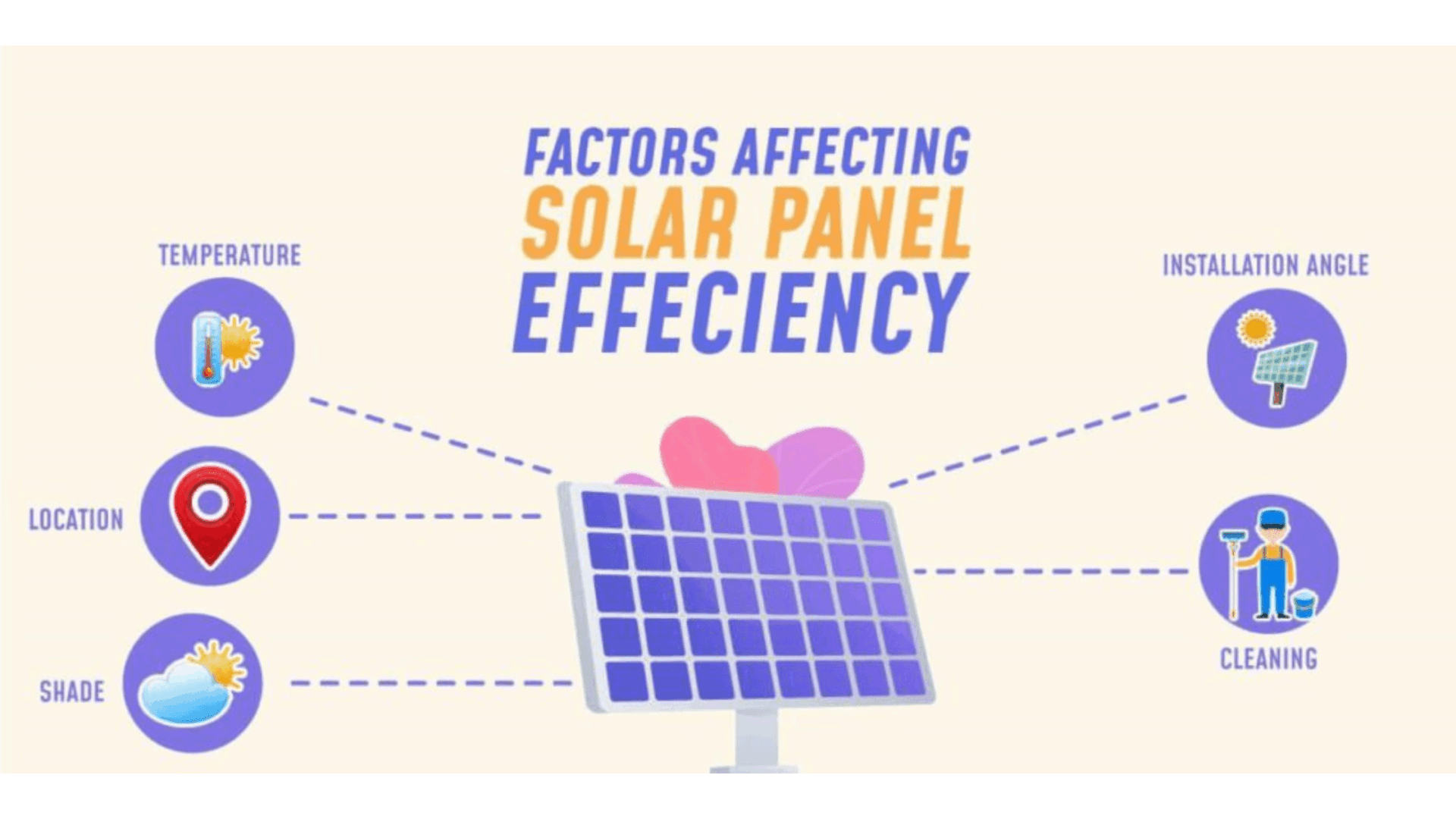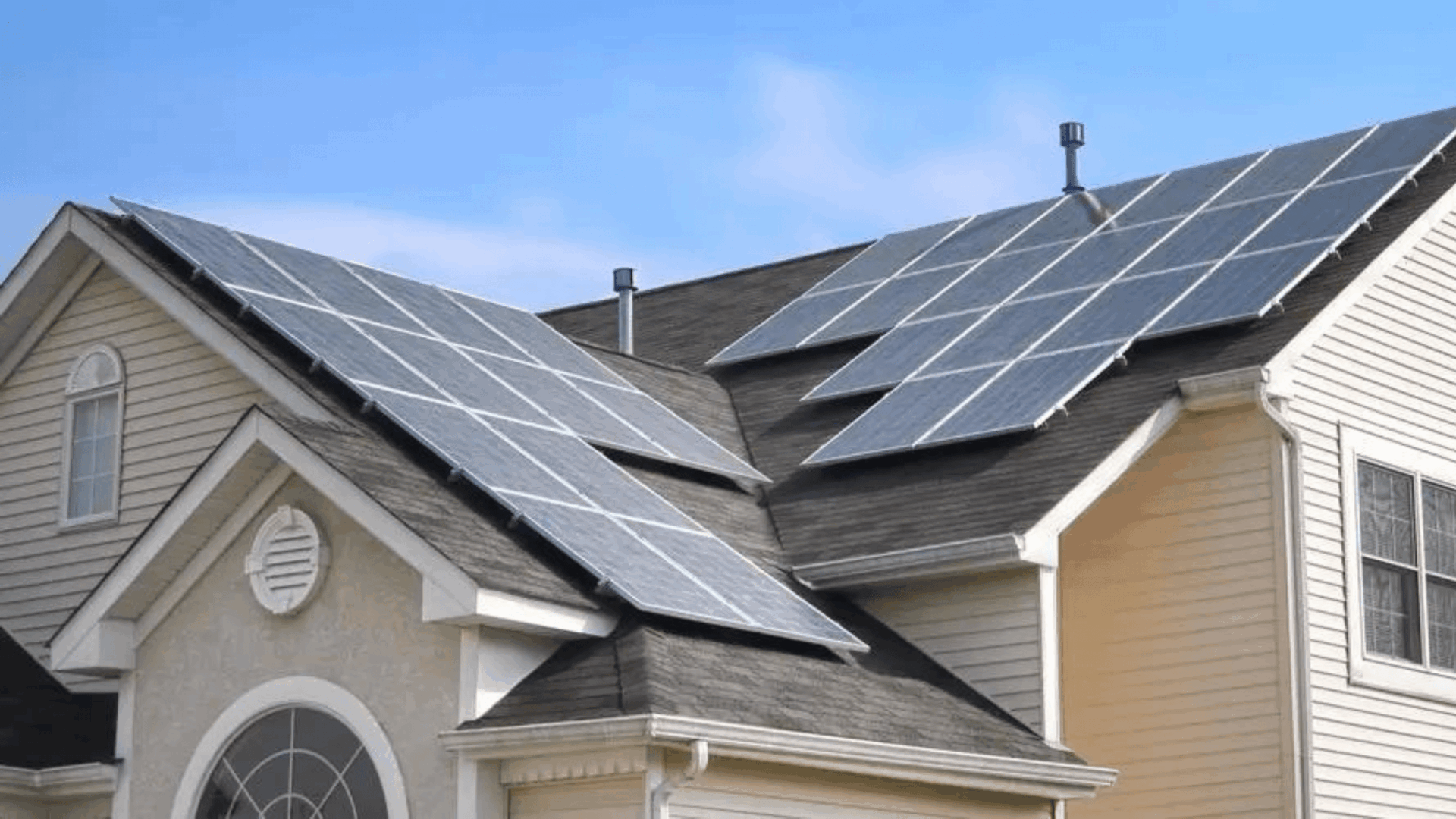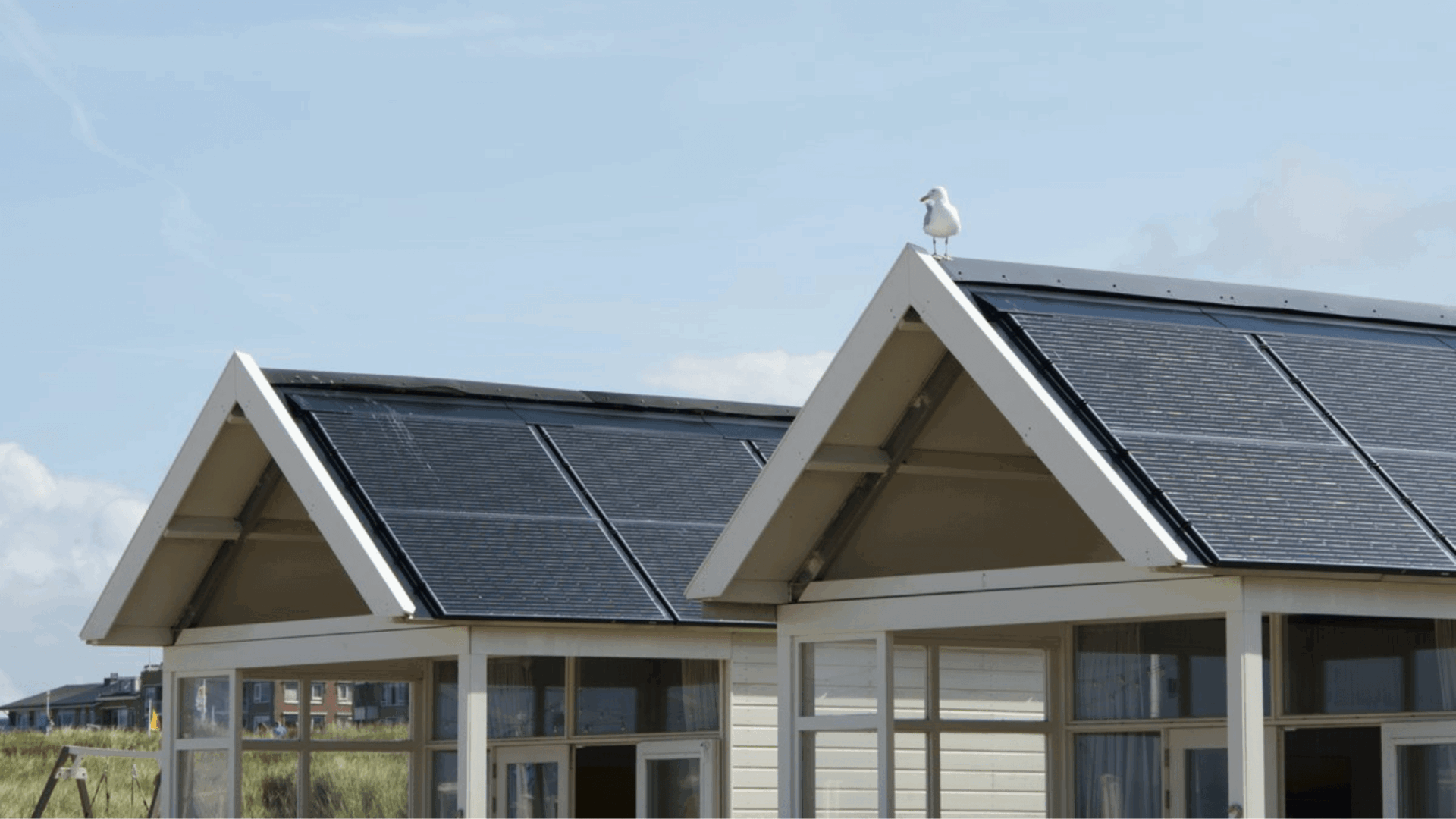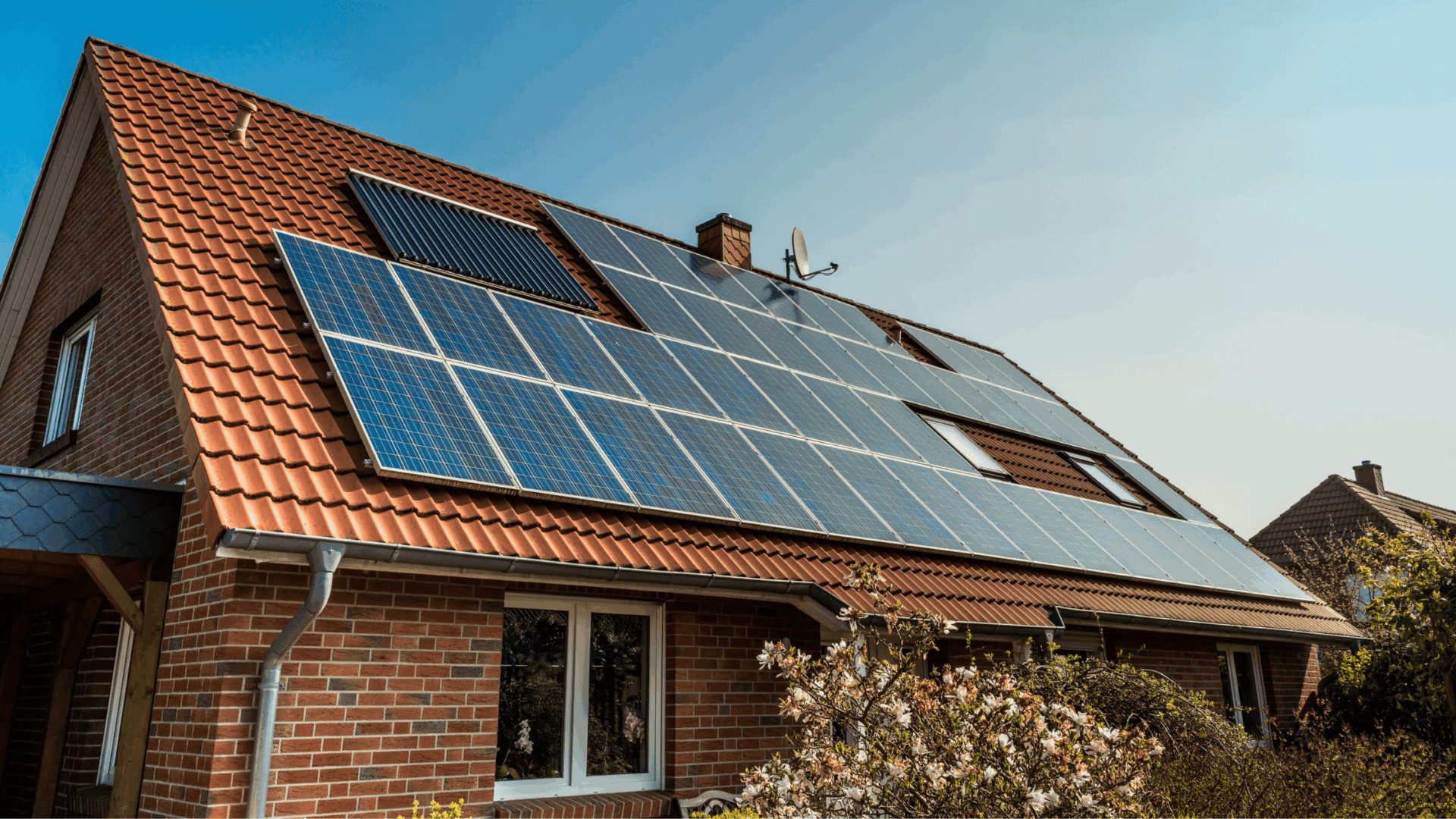The switch to renewable energy sources has taken the world by storm, and solar panels have been at the forefront of this revolution. As an environmentally-conscious consumer or a potential investor in solar technology, understanding the efficiency of solar panels is crucial. But what exactly does “solar panel efficiency” mean, and why is it essential? Let’s illuminate the topic.
Solar Panel Efficiency Defined
In simple terms, solar panel efficiency refers to how well a solar panel can convert sunlight into usable electricity. It’s expressed as a percentage, indicating the proportion of sunlight’s energy that the panel can transform into power. For instance, if a solar panel has an efficiency of 20%, it means it can convert 20% of the sun’s energy it captures into electricity.
Factors Affecting Efficiency
Several elements can influence the efficiency of a solar panel. Some of the most prominent factors include:
- Type of Solar Cell: There are primarily three types of solar cells – monocrystalline, polycrystalline, and thin-film. Monocrystalline cells generally have the highest efficiency, followed by polycrystalline and then thin-film.
- Temperature: Solar panels tend to be more efficient at lower temperatures. High temperatures can decrease the voltage and, subsequently, the overall efficiency of the panel.
- Angle and Orientation: The angle at which sunlight strikes the panel and the direction the panel faces can greatly influence its efficiency. For most locations, panels facing true south at a tilt equal to the latitude are optimal.
- Age of the Panel: Over time, solar panels degrade and their efficiency drops. However, modern panels degrade very slowly, often by just 0.5% per year.
Improving Solar Panel Efficiency
Advancements in technology are continually pushing the boundaries of solar panel efficiency. Here are some innovations and practices that boost efficiency:
- Anti-reflective Coatings: By reducing the amount of sunlight reflected away from the panel, these coatings ensure more sunlight is absorbed and converted.
- Concentrated PV Cells: These cells utilize lenses and curved mirrors to bundle sunlight onto super-efficient solar cells.
- Back-contact Cells: By moving all contacts to the rear of the cell, it reduces shading on the front, enhancing efficiency.
- Regular Maintenance: Simple actions like cleaning the panels and ensuring they’re free from shade or obstructions can make a big difference.
Why Efficiency Matters
Higher efficiency means more power generation from a smaller space. For homeowners with limited roof space or businesses looking to maximize their energy yields, high-efficiency panels can be crucial. Moreover, higher efficiency can also translate to cost savings in the long run, as you’ll require fewer panels to meet your energy needs.
In Conclusion
Solar panel efficiency is a vital metric to consider when investing in solar energy. While the highest efficiency doesn’t always mean the best value for money, understanding the efficiency ratings, what affects them, and how they can be improved can help you make an informed decision that suits your needs and contributes to a sustainable future. Always look beyond just the percentage and consider other factors like cost, longevity, and brand reputation. The sun might be 93 million miles away, but its power is within your grasp – harness it efficiently!









